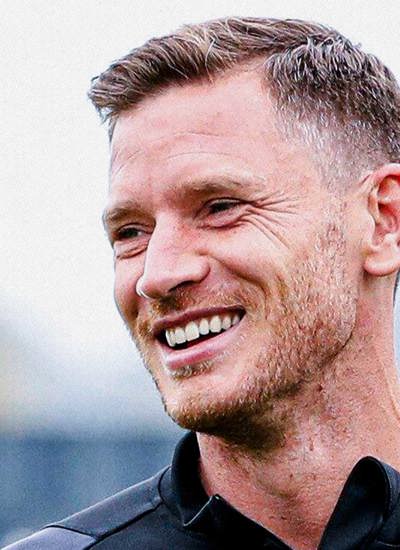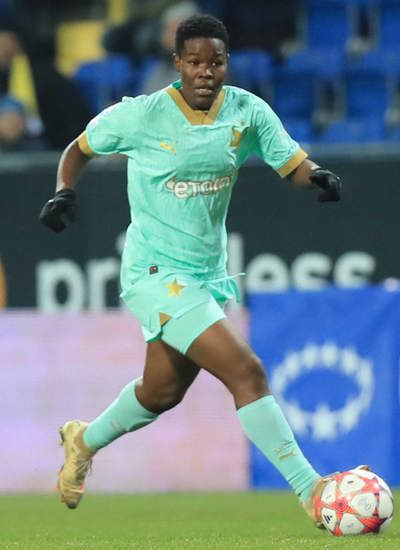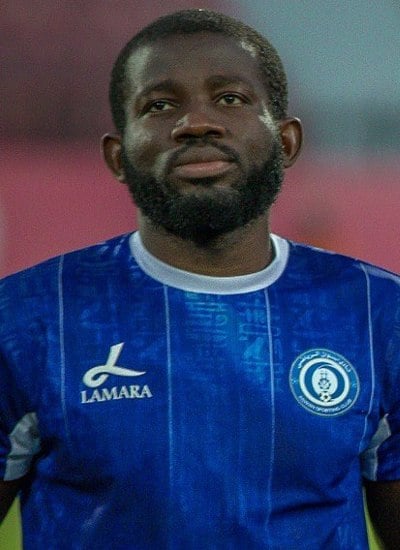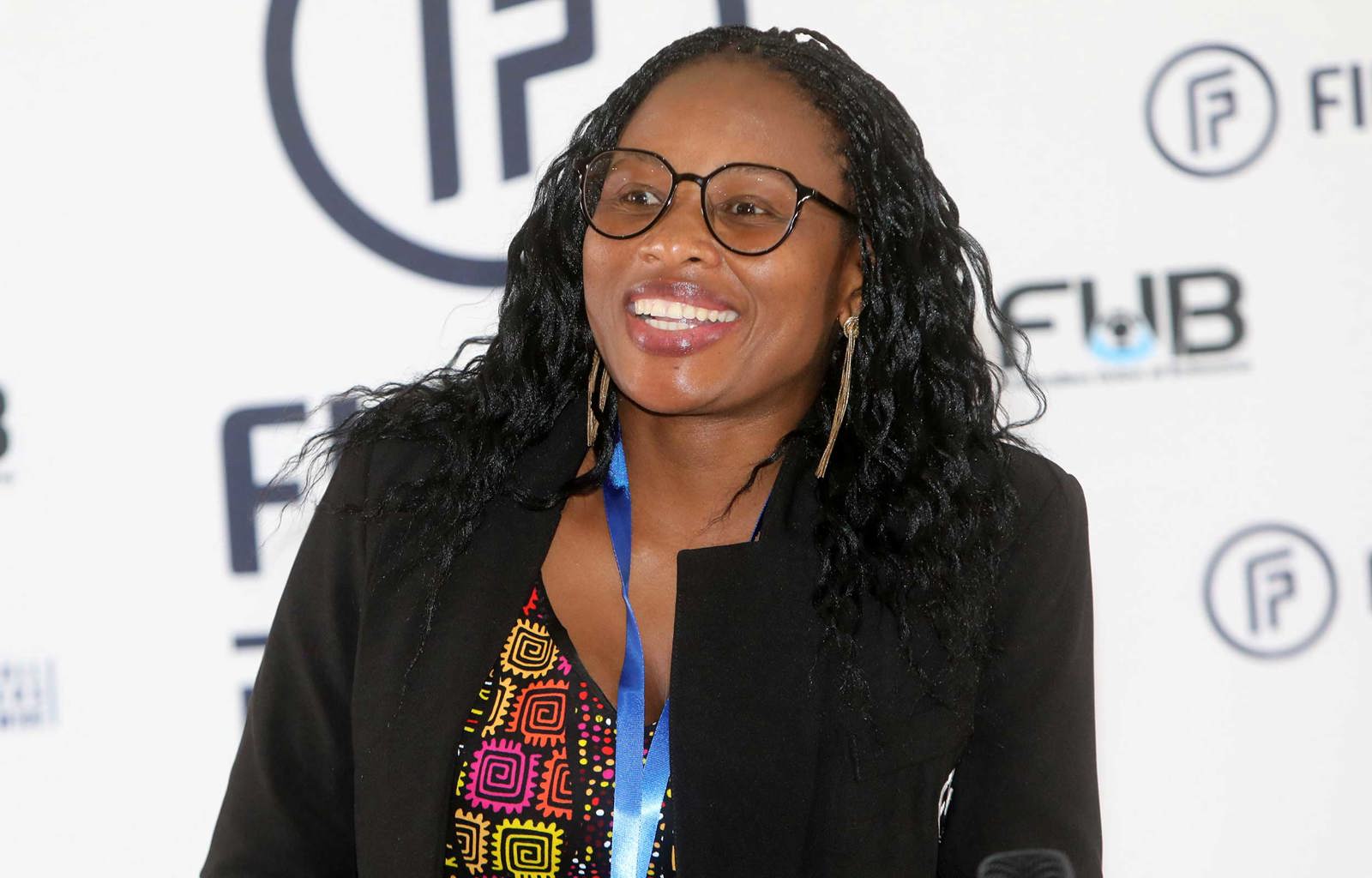
Bonang Otlhagile is the captain of Botswana women’s national team, vice president of the Footballers Union of Botswana, and has recently had her second child. The 36-year-old defender has been at the forefront of ensuring women’s football in Botswana is respected.
By Bonang Otlhagile
When I started playing for the national team, the players were not looked after very well: we were not being paid and the overall conditions were poor.
In 2015, we played a match in Madagascar and we won 3-1. We returned to Botswana, where we were staying in one of the association’s hostels. When we arrived, officials said that there was no food for us and that we should go home.
I told them it was unfair to expect us to go home; we needed to analyse the game and it was dangerous for the players to travel at that time. With no food and it already being the middle of the night, I told the officials the team was staying.
It felt like the association was not treating us well and that they had been doing this for a long time. I talked to the team, and we agreed we should do something about it.
I told the players that if some of them feared being removed from the team because of this action, that they could blame it on me – I was not afraid of being taken out of the national team – but everyone participated, including the younger players. We put on our national team jerseys and went to parliament.
When we got there, I told the players to sit down. The security people called the Minister of Sports. He came to us and asked what the problem was. We explained our situation and he called the national sports council and told them and the FA that we needed to be looked after. We were given a good meal and told that we should stay in camp ahead of the return leg.
Since then, things have been much better and even though they are not perfect, there has been a big change in the way players are treated.
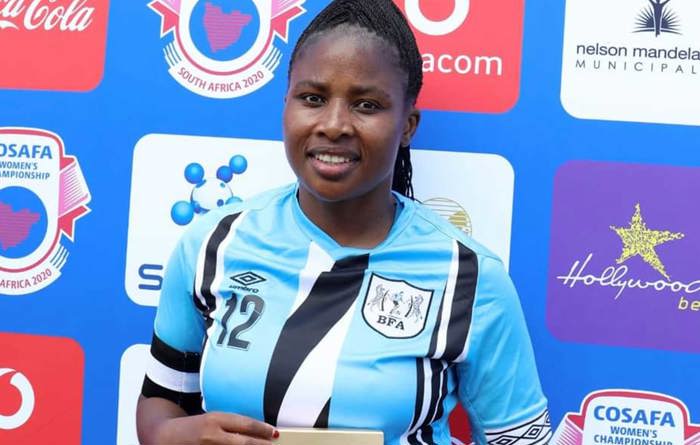
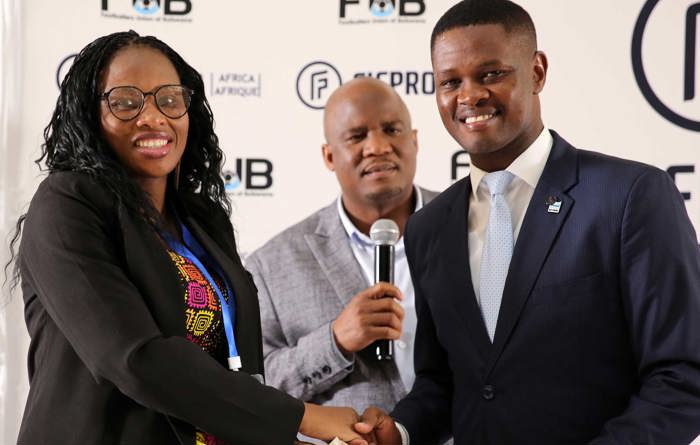
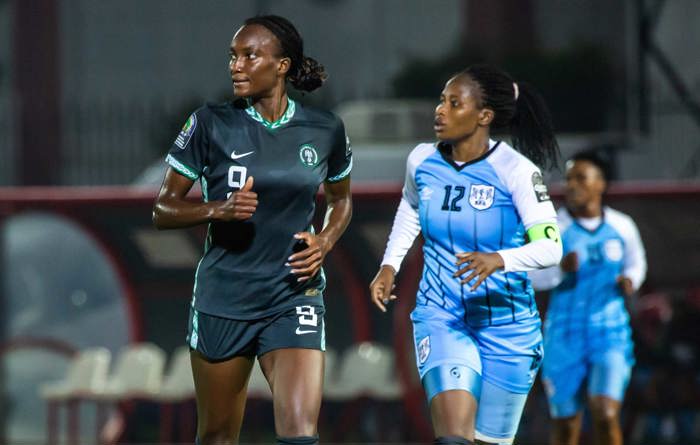
I do not know how much longer I will play for the national team; I am nearing the end of my career and I recently had my second child. But that is also one of the reasons why I do not want to retire straight away.
Quite a lot of the younger players look up to me and I don’t want them to think that if you are pregnant or a mother, that you have to quit football. So, I am aiming to play for two more seasons. Even if I don’t get picked for the national team, I will continue playing for my club.
I want to show younger players that they don’t have to give up playing if pregnant or after having a child.
This is something that I did not know when I was pregnant with my first child; I stayed home for three months because I was scared to go to training. I didn't know what would happen to me.
It was my coach who encouraged me to come back to training and I played until I was seven months pregnant – when I felt that my baby was no longer safe if I got hit by the ball.
During my second maternity, I have used my time wisely. I attended UEFA training sessions, a FIFA admin course and a youth coaching course. For me, it’s important to keep busy during that time. And when I retire, or if I don't manage to go back and play, I'll still be involved in football.
But I do want to continue playing, so that players know they don’t have to choose between being a footballer and a mother.
